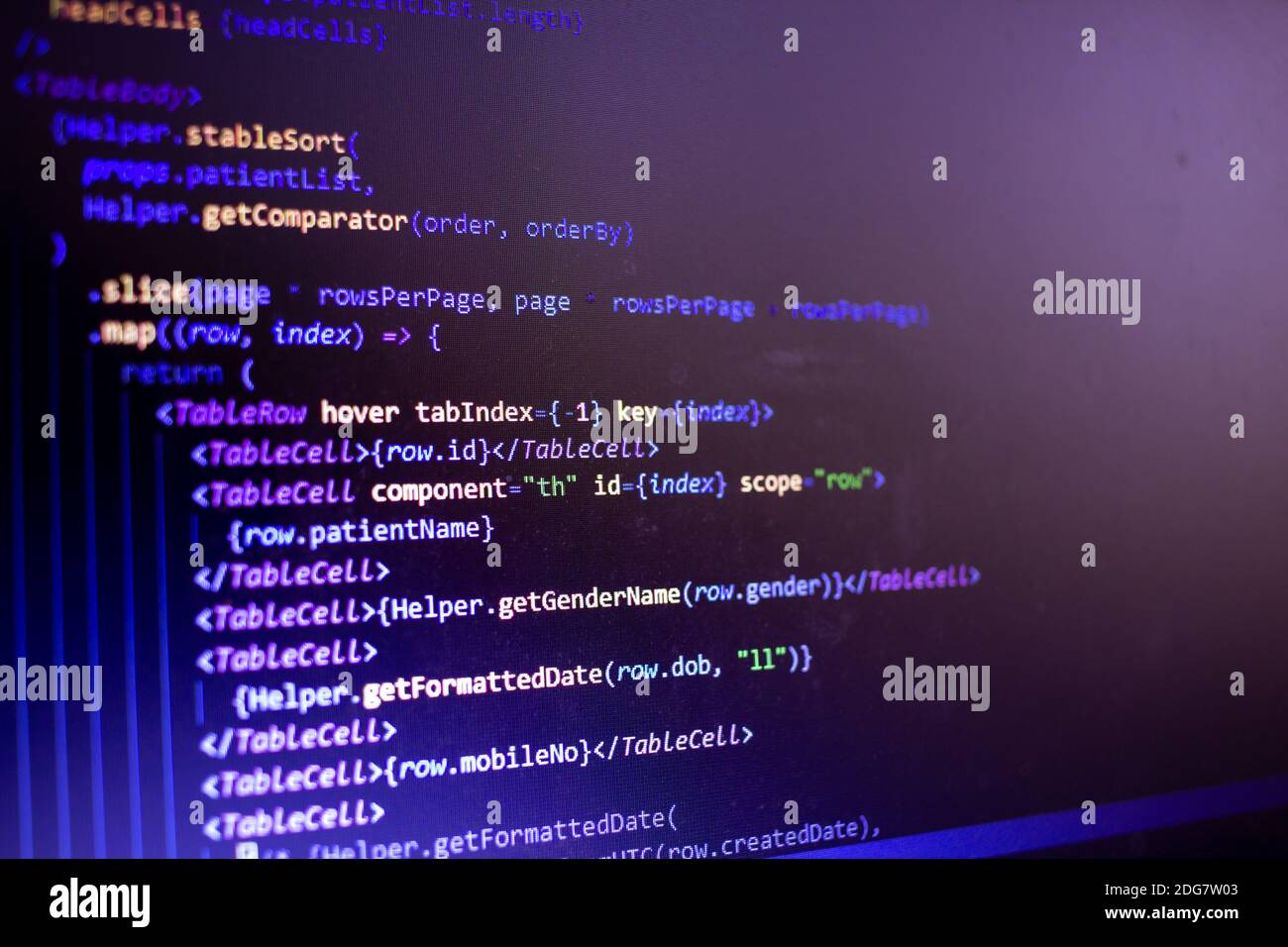2Mami Insights
Your go-to source for news, tips, and inspiration.
Code Craft: How to Speak Fluent Software
Unlock the secrets of software development with Code Craft! Master the art of coding and transform your skills into fluency. Dive in now!
Mastering the Basics: Essential Programming Languages for Beginners
In today's digital age, learning to code has become an essential skill, and mastering the basics of programming can open doors to numerous career opportunities. For beginners, starting with the right language can make all the difference. Here are three essential programming languages that every newcomer should consider:
- Python: Known for its readability and versatility, Python is perfect for beginners. It can be used in web development, data analysis, artificial intelligence, and more.
- JavaScript: As the backbone of web development, JavaScript allows beginners to create interactive websites. Learning JavaScript not only builds foundational coding skills but also provides insight into front-end development.
- Ruby: With its elegant syntax, Ruby is another excellent choice for those new to programming. The Ruby on Rails framework simplifies web application development, making it an attractive option for aspiring developers.
Choosing the right programming language is just the beginning of your coding journey. As beginners progress, it's important to practice regularly and engage with coding communities to expand their knowledge. Resources such as tutorials, online courses, and coding bootcamps can greatly enhance your learning experience. Embrace the challenges that come with learning to code, and remember that every great programmer started with mastering the basics. With persistence and dedication, you'll develop the skills needed to tackle more complex projects and unlock your potential in the tech industry.

The Language of Code: Understanding Common Programming Concepts
Programming is often described as a language of its own, comprising various common programming concepts that are fundamental to understanding how software applications are built and maintained. Key concepts such as variables, functions, and loops form the backbone of any coding language, enabling developers to store data, execute code, and run repetitive tasks efficiently. For instance, a variable acts as a temporary storage area for data, while a function encapsulates a block of code that can be reused, promoting efficiency and organization. Additionally, loops allow programmers to execute a set of instructions multiple times, significantly reducing the amount of code needed for repetitive actions.
Another crucial aspect of programming is the concept of control structures, which guide the flow of execution within a program. These include decision-making statements such as if-else conditions, switch statements, and try-catch blocks that help manage the execution path based on specific criteria. Understanding these structures is vital for developers as they enhance a program's ability to respond dynamically to different inputs and conditions. As you dive deeper into the world of coding, familiarizing yourself with these concepts will not only improve your coding skills but also empower you to tackle complex programming challenges with confidence.
What Does It Mean to Write Clean Code?
Writing clean code refers to the practice of producing code that is easy to read, understand, and maintain. The principles of clean code extend beyond mere aesthetics; they encompass best practices that promote efficiency and help developers collaborate more effectively. This entails using meaningful variable and function names, maintaining consistent formatting, and adhering to coding standards. By prioritizing readability, developers can ensure that their code can be easily followed and modified by others (or by themselves in the future), which ultimately leads to fewer bugs and a more streamlined development process.
Additionally, clean code emphasizes the importance of documentation and modularization. By breaking down code into smaller, reusable components and providing clear comments where necessary, developers can enhance the overall structure of their applications. This approach not only fosters better understanding among team members but also encourages efficient debugging and scaling of projects. In summary, the essence of writing clean code lies in creating a codebase that is intuitive, maintainable, and adaptable, thereby boosting productivity and project success.